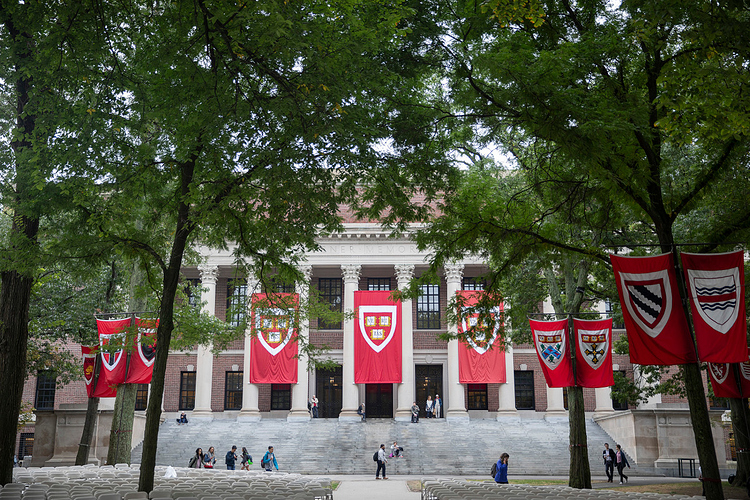At Public Books, Mitchell L. Stevens, a professor of education at Stanford, reflects on whether the costs – both financial and personal – of going to college are beginning to outweigh the benefits, especially in the US, where student debt has grown astronomically. To explore this question, Stevens examines a recent book called The Privileged Poor: How Elite Colleges are Failing Disadvantaged Students by Anthony Abraham Jack. As Stevens writes, this book vividly demonstrates that while college has become a necessity to enter the middle class, it often saddles less privileged students with financial and emotional burdens that last a lifetime. Check out an excerpt from the piece below.
What Jack contributes to the recent spate of books on college is not only the inside access to what we might reasonably presume to be America’s oldest and most prestigious university, but the illumination of a distinct group of students within this elite institution. These students are “the privileged poor” of Jack’s title: students from economically disadvantaged backgrounds, but with prior experience in elite educational settings. The privileged poor are often black or Latinx. They come to Renowned from selective boarding and country day schools, where their admission has been celebrated as enhancing “diversity.” The privileged poor know a lot about how wealthy white people work, talk, dress, and play; they tend to be less overwhelmed by college than those Jack calls the “Doubly Disadvantaged,” who arrive at Renowned as if from another planet. The Doubly Disadvantaged have no prior experience with elite schooling, so they have that much more to learn, that much more journey to travel, that much more renegotiating of self to do if they choose to remain in the competitive social world of the educated upper-middle class.
How much inequality are elite colleges willing to sustain on their campuses, and at what social cost?
Image of Harvard University via Harvard Gazette.
